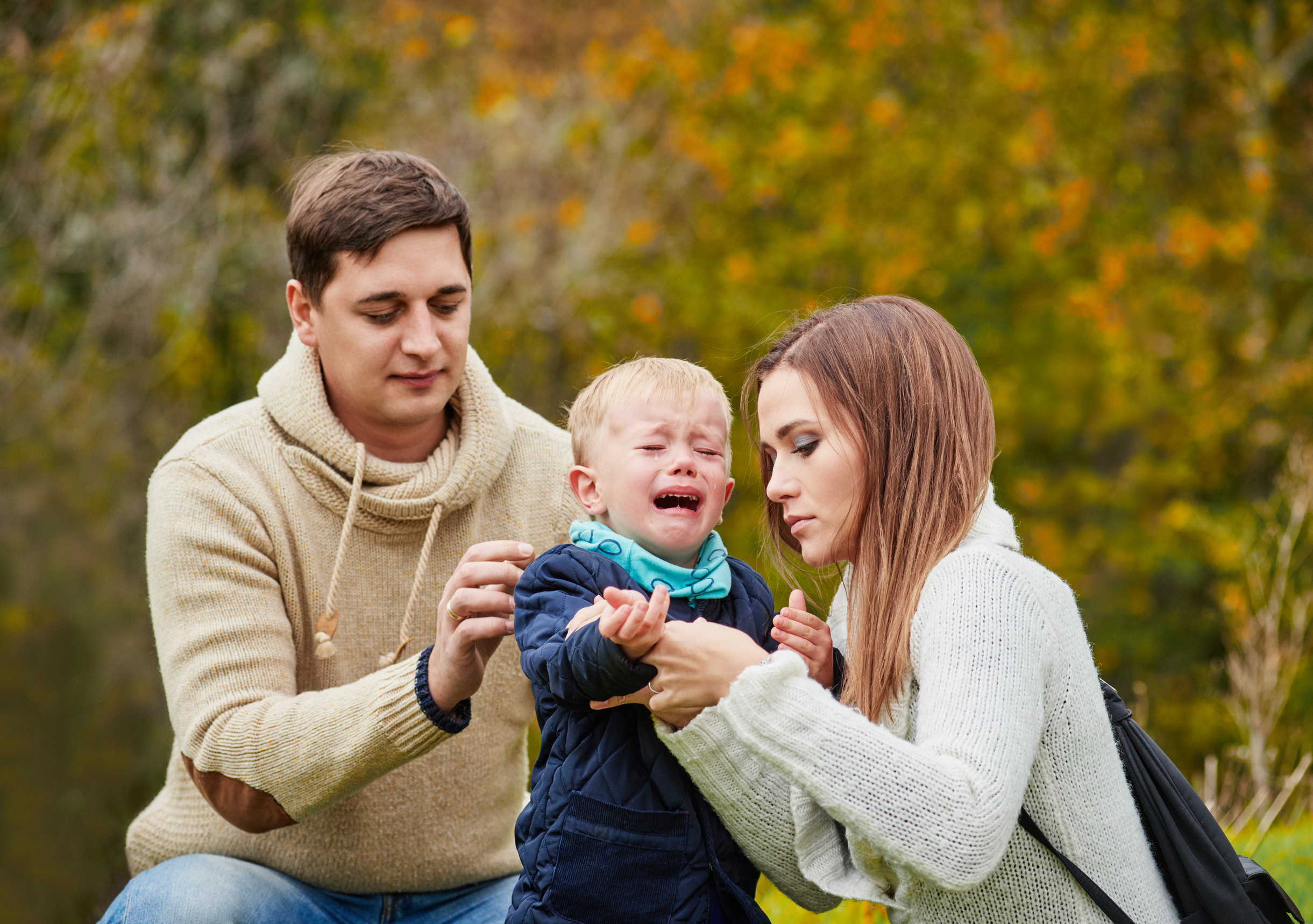Parents are beginning to notice a surprising new trend: more toddlers are being diagnosed with social fatigue, and it’s raising a lot of questions. If your once-outgoing child now struggles in group settings, melts down after playdates, or seems unusually drained by daycare, you’re not alone. Experts say modern routines, overstimulation, and even post-pandemic lifestyle changes are contributing to this shift. Understanding why this is happening can help parents better support their child’s emotional well-being. Let’s explore what social fatigue means for toddlers and what you can do about it.
What Is Social Fatigue in Toddlers?
Social fatigue occurs when young children feel emotionally overwhelmed after too much interaction or stimulation from group activities. Unlike simple tiredness, social fatigue can show up as irritability, withdrawal, or difficulty handling transitions. Toddlers are still developing coping mechanisms, so even short bursts of interaction can feel draining. The term is gaining traction as parents and teachers notice more children struggling with everyday social demands. Recognizing the difference between typical tiredness and true social fatigue is the first step in helping little ones manage.
Why Are We Seeing More Diagnoses Now?
Several factors explain why social fatigue is showing up more often in toddlers today. First, the pandemic disrupted normal social development, leaving some kids with fewer opportunities to build stamina for interaction. Second, modern schedules often pack toddlers’ days with structured activities, leaving little room for quiet play. Screen time exposure also heightens stimulation, which can increase stress in social settings. Finally, increased awareness among pediatricians and parents has led to more recognition and diagnosis of social fatigue.
Signs Your Toddler Might Be Struggling
Knowing the signs of social fatigue can help parents intervene early. A toddler who suddenly becomes clingy or refuses group activities may be signaling they’re overwhelmed. Other common signs include tantrums after daycare, reluctance to attend birthday parties, or needing long naps after social time. You might also notice emotional outbursts that seem out of proportion to the situation. If these patterns appear consistently, it’s worth considering whether social fatigue could be the underlying cause.
How Parents Can Ease the Pressure
Supporting a child experiencing social fatigue doesn’t mean isolating them—it means finding balance. Start by building downtime into their daily routine, allowing space for quiet play and rest. Pay attention to your toddler’s cues and adjust activities if they seem overstimulated. Teaching them simple calming strategies, like deep breathing or cuddling with a comfort item, can also help. Most importantly, avoid comparing their social energy to peers—every child has different needs and limits.
When to Seek Professional Guidance
Sometimes, social fatigue in toddlers may signal deeper issues that need attention. If your child consistently avoids interaction, struggles to adapt to group environments, or experiences high anxiety, consulting a pediatrician or child psychologist is wise. Professionals can help distinguish between typical developmental challenges and more significant concerns. They may recommend simple interventions, such as adjusting schedules or introducing gradual social exposure. Seeking support early ensures your toddler’s emotional health is nurtured rather than strained.
Building a Healthier Social Rhythm
The rise of social fatigue diagnoses in toddlers highlights an important lesson: balance is key in early childhood development. By tuning into your child’s needs, creating space for rest, and seeking help when necessary, you can help them thrive socially without burning out. Remember, social growth is not a race—it’s a process that unfolds differently for each child. What matters most is fostering an environment where your toddler feels safe, supported, and understood. With patience and care, parents can help children find joy in connection without the weight of exhaustion.
Have you noticed signs of social fatigue in your toddler? Share your experiences and strategies in the comments below!
What to Read Next…
Are We Giving Our Kids Too Much Freedom Too Soon? Here’s Why You Might Be Wrong
The Dark Side of Kids’ YouTube You Didn’t See Coming
How Much You’re Really Spending on Kids’ Clothes Each Year
The post Why Are Toddlers Suddenly Being Diagnosed With Social Fatigue? appeared first on Kids Ain't Cheap.








